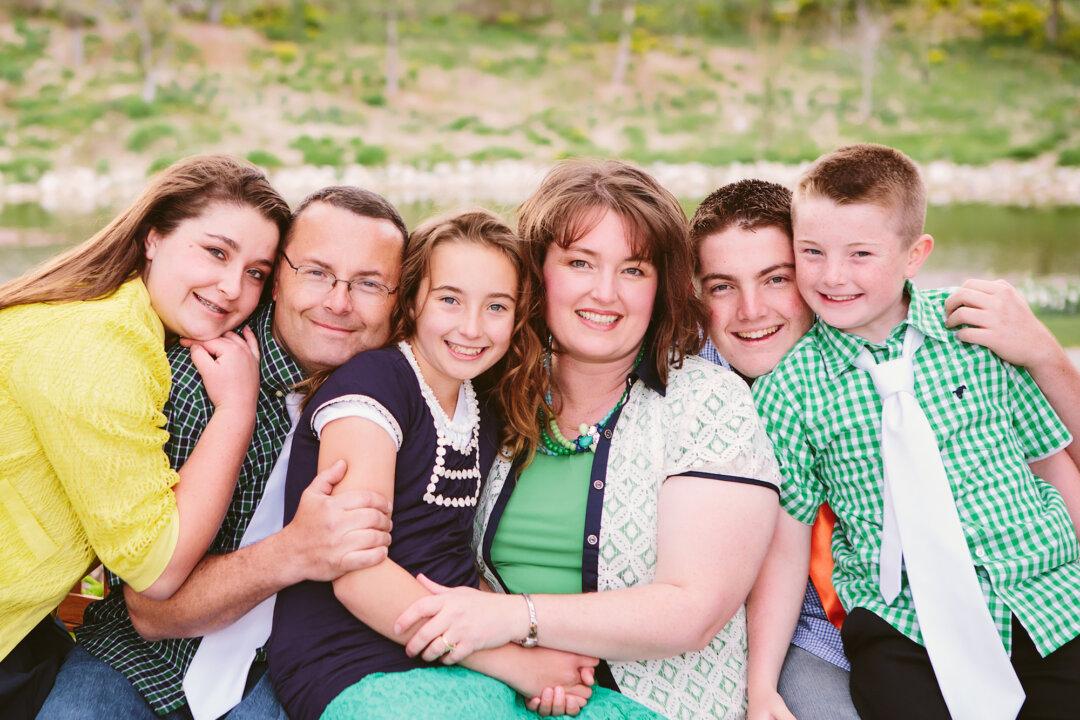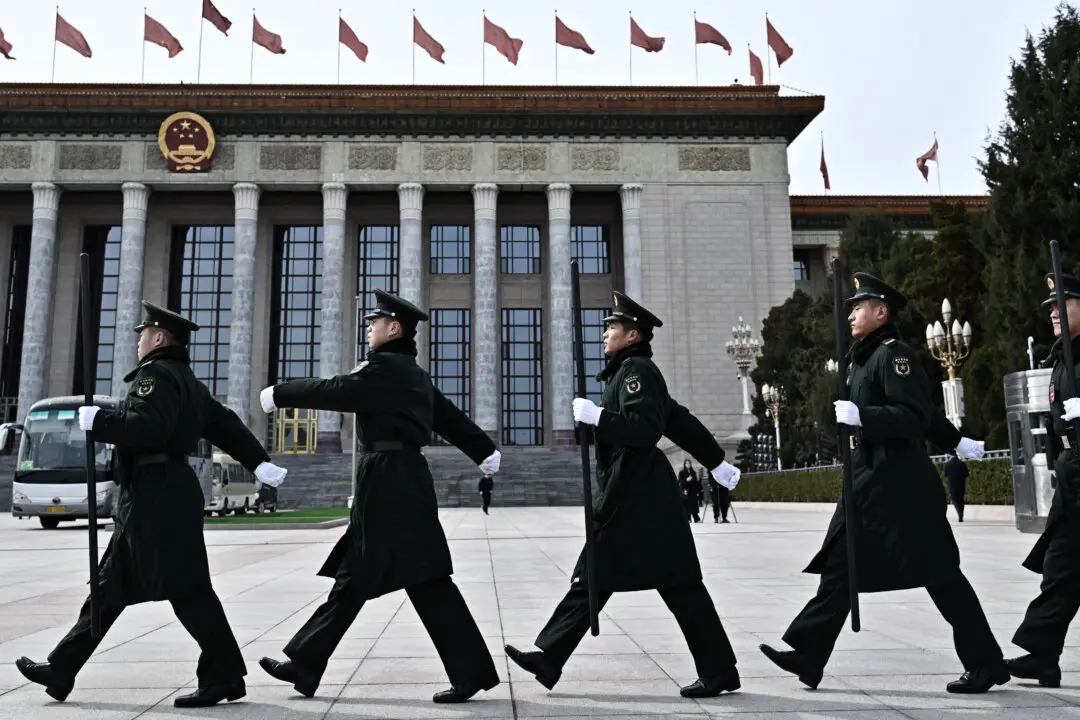Nicholeen Peck has become known worldwide for teaching good parenting and self-mastery, helping parents to raise children who are calm communicators. After seeing Peck featured a decade ago on a BBC reality TV program in which two wild teenagers spent a week in her home and left with renewed hope to better themselves, audiences worldwide were astounded.
The philosophy of self-empowerment and responsibility was actually one that dawned on Peck in her teenage years—because, as it happens, Peck was herself a very difficult 14-year-old.






